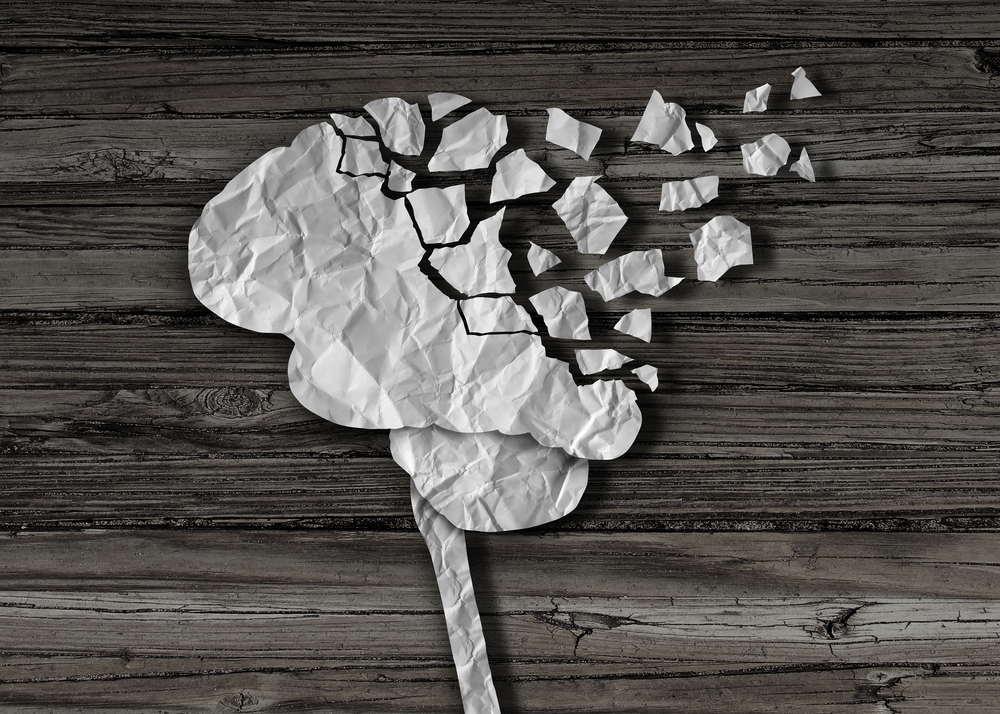Computer-assisted Therapy Found to Benefit MS Patients with Cognitive Difficulties

Multiple sclerosis (MS) patients who are showing signs of cognitive impairment may benefit from computer-assisted cognitive rehabilitation programs, according to a new study.
Difficulties with short-term memory, or with processing information and concentrating, are believed to affect 40% to 65% of MS patients. Studies have suggested that cognitive rehabilitation may help, and that computer-assisted therapy used in the home could be the standard approach, but few have investigated patient outcomes over time.
For the study, “A Randomised Controlled Trial Of Efficacy Of Cognitive Rehabilitation In Multiple Sclerosis: A Cognitive, Behavioural, And MRI Study,” researchers followed 38 MS patients (ages 18 to 65) with cognitive impairment. They were assessed using the Brief International Cognitive Assessment for MS (BICAMS), which involves five tests, including the Symbol Digits Modalities Test (SDMT). It detects brain damage and changes in cognitive functioning.
Microstructural changes in the brain’s cortex — which have been reported in MS patients with this condition — were assessed using quantitative magnetization transfer (QMT) imaging. Neuropsychological and magnetic resonance imaging (MRI) data were obtained at baseline, after the treatment, and after a follow-up period of 12 weeks.
Researchers separated the patients into two groups. The treatment group used RehaCom cognitive therapy software for 35 minutes, three times per week, at home. Treatment ran for six weeks, and sessions involved training in three areas: working and visuospatial memory, and divided attention.
The level of difficulty was adapted to each patient, and only increased when they showed improvement.
The control group was asked to watch natural history DVDs that matched the length of the rehabilitation sessions, three times per week for six weeks.
Results showed that treatment patients’ SDMT scores improved more than those of the controls between baseline and the treatment’s end. At the follow-up, treated patients showed increased activity in certain regions of the cortex (the bilateral prefrontal cortex and right temporoparietal regions) compared to the control group.
Overall QMT measures were stable for all the participants throughout the study.
The results indicate that home-based, computerized cognitive rehabilitation may be effective in improving cognitive abilities in MS patients, the researchers concluded.
“[T]he main outcome of this study was that 6 weeks of computerized cognitive rehabilitation was associated with improvement in cognitive performance as measured on the SDMT,” they wrote.
According to the researchers, the “compliance rate of those undertaking the rehabilitation was excellent,” and a “home-based approach to cognitive rehabilitation is significantly less resource intensive and may pave the way to greater access for a greater number of patients to such interventions in the future.”
The study (ISRCTN54901925) was published in the journal Neural Plasticity.






